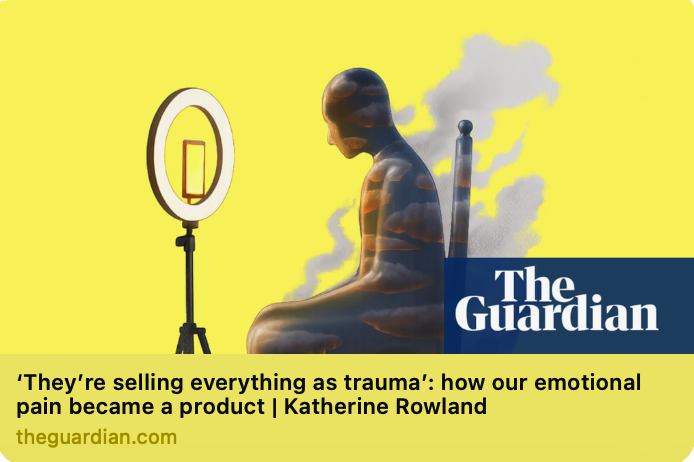Treating Personality Disorders
- Antonieta Contreras

- Jun 22, 2020
- 3 min read
Updated: Jul 10, 2023

Even when I avoid pathologizing people, I like the term “healing” because I see it as moving from dysfunction to function, instead of thinking that you need to “change” as in becoming someone else.
As a therapist, I don’t work on changing people. Each person has its own type of energy, circumstances, temperament, and karma. You have to work with what they have and helping them move in the continuum of their energy. Energies are circular and have a “neurotic or confused” (delusion) state at the bottom and a “virtuous” (wisdom) state at the top. For example, if a person has a passionate temperament, in the positive side of their energy they will be creative, engaging, magnetizing, and charming; in their negative side, they would suffer from anger and desire for pleasure, they would overly emotional, and constantly looking for confirmation and assurance.
So, you are asking if it is possible to heal from a personality disorder (PD). I’m in this profession because I believe in healing. Everything in the universe has the tendency to find balance, and so our system. Neuroplasticity has also given us hope because it was discovered that the brain can continue learning as long as we are alive.
Therefore, let's describe what it is that needs to be alleviated or moved towards optimal functioning.
Personality disorders impair the functioning of those that suffer from them. This distinction is really important, to differentiate them from people with personality traits or peculiarities. Not everyone that is “odd” should be called names, as in mentally disabled.
PD are enduring patterns of behavior and emotion that bring a person into repeated conflict with others and prevent the person from executing expected social and occupational roles, and create distress in the person.
People with personality disorders could make their own interpersonal problems worse because they are rigid and inflexible, unable to adapt to social challenges (Oltmanns et al, 2009) which create distress in the person and others. Another complication is that they may not see themselves as being disturbed, attributing their problems instead to the behavior of other people, creating distress in those around.
From that description and what I have observed and learned, someone with a PD needs to work on:
Patterns of behavior
Patterns of emotional reactions
Repeated interpersonal conflict
Execution of expected social role
Execution of expected occupational role
Rigidity and inflexibility
Adaptation to social challenges
Perception
Accountability
Dysregulation of the autonomic nervous system
Sense of self
Social and communication skills
PD is related to deficiencies in certain areas, and excesses in others. I think this is what needs to be done in order to heal:
NERVOUS SYSTEM REGULATION: Dysregulation of the autonomic nervous system and patterns of emotional reactions go together. I normally start with these steps because I have found that if you don’t take care of it, you don’t make progress in any of the other. This goes directly to the brain activity and attunement. I combine neurofeedback, biofeedback, entrainment, brain stimulation, mindfulness, and relational work to obtain results. This is essential and fundamental; the brain grew connections that get activated automatically and create the dysfunction in every aspect of life. If the brain keeps working without the right speed, power, coherence, symmetry, and connectivity, the behavior, emotion, and perception will continue to be controlled by dysregulated habitual responses, and the dissatisfaction —together with the idea of defectiveness— will remain. In this section, there is space to mention that the whole system may be affected, and simple habits like sleep, digestion, etc., need to be addressed also, as in taking care of the microbiome, circadian rhythm, inflammation, diet, etc.
IDENTITY & SELF PERCEPTION: Patterns of behavior, perception, & sense of self could be grouped together. The person needs to acquire self-reflection in order to have the capacity to see him/herself objectively, and not through the eyes/needs/demands of others. Perception is highly related to brain activity, but it also needs to be addressed directly by practicing, repeatedly, emotional intelligence, awareness, presence, self-evaluation, biases, judgments, schemas, agency, etc., until the person has the capacity to organically grow a healthy identity, a sense of self; the previous distortions needs to be recognized and accepted before they can be transformed.
BEHAVIOR & ACCOUNTABILITY: Repeated interpersonal conflict, social and communication skills, execution of the expected social and occupational roles, rigidity and inflexibility, and adaptation to social challenges are part of moving away from the old strategies and accepting the need to modify the role they have thought they had. Awareness and desire to heal are essential here. It’s hard to let go of all the defenses that have helped the person survive, but if there’s no accountability, there won’t be healing. The dysfunctional habits need to be replaced for better ones in order to attain internal peace, and better relations with the world and its demands.



Comments